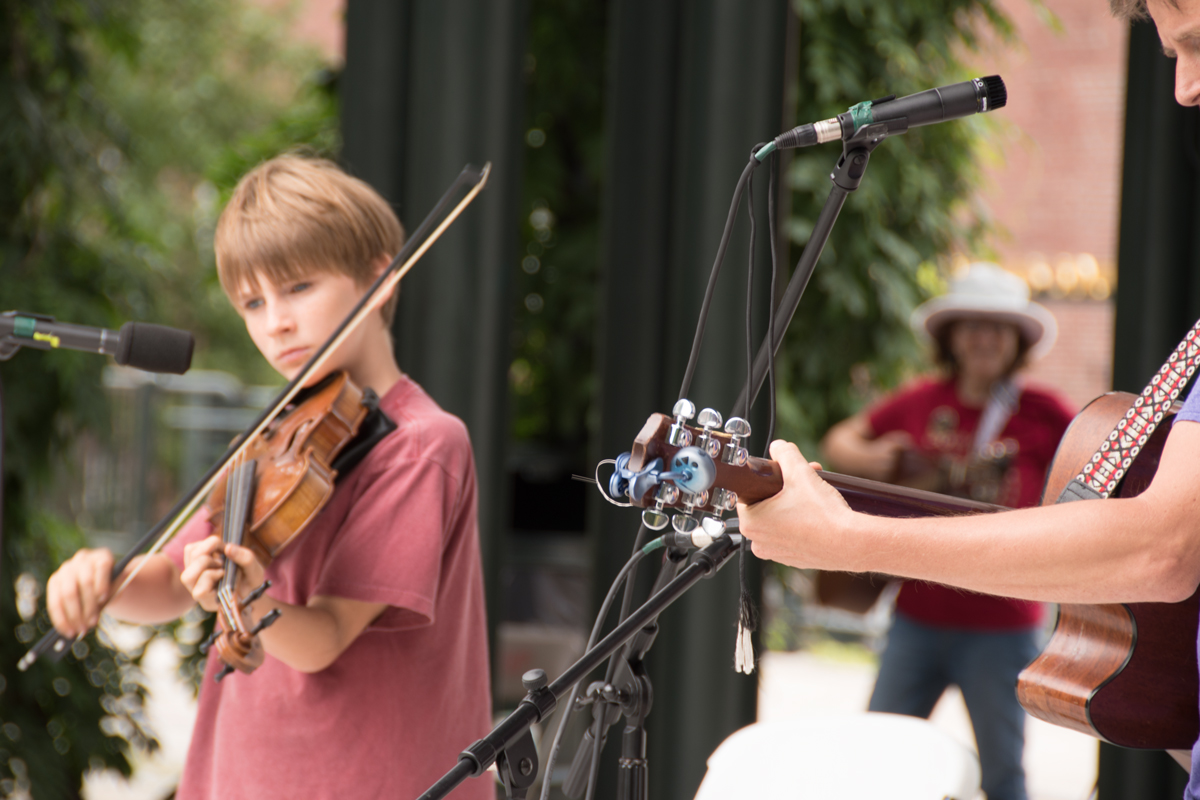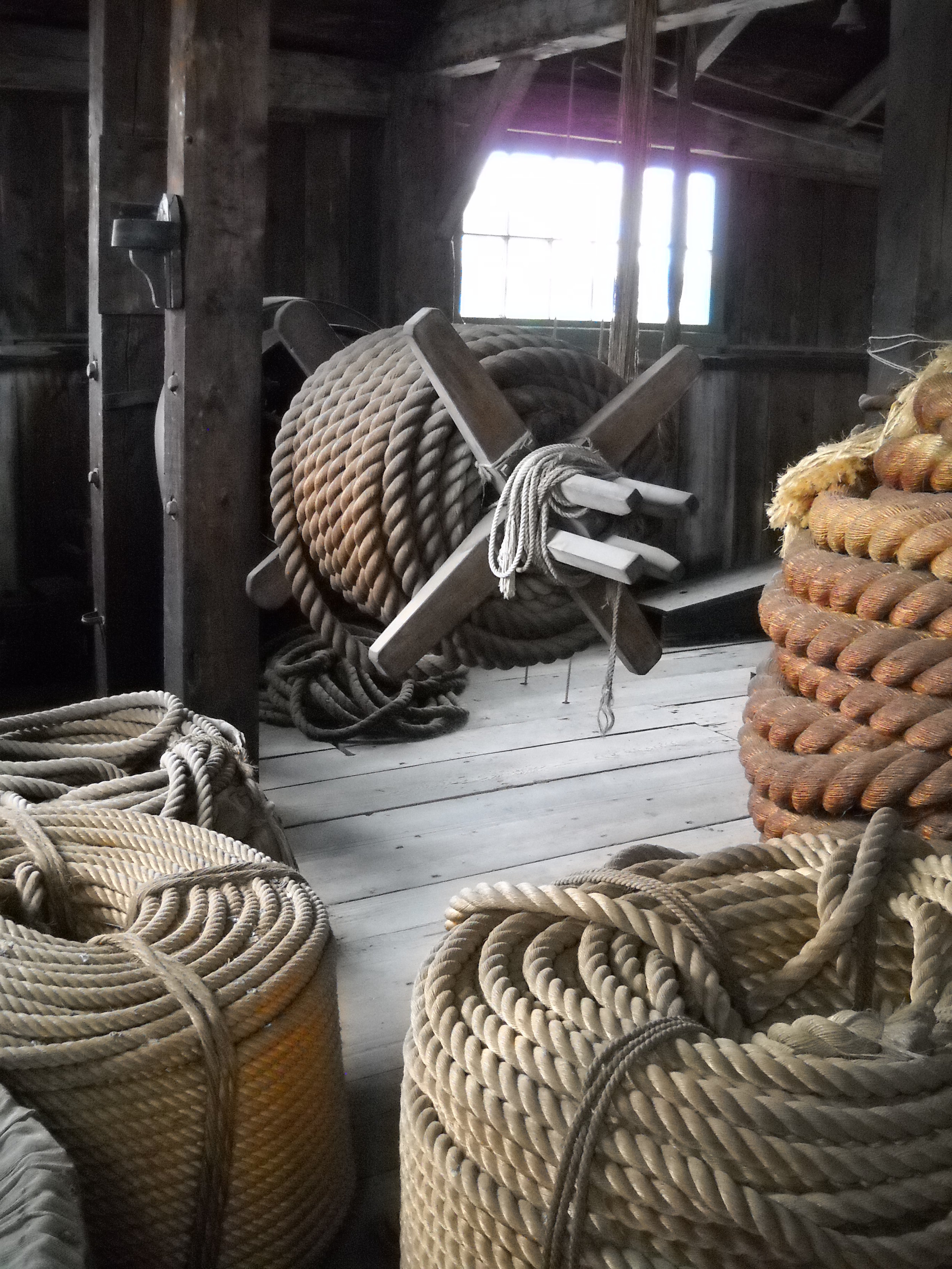A reflection: finding relevance
To me, retirement in the modern era, is a compromise between the career you leave behind and the pursuit of meaningfulness to fill one’s days.
And that, for me, is what makes Anna Mary “Grandma” Moses, an incredible story. Born in 1860, Grandma Moses didn’t begin to paint until 1938, when she reached the age of 78. (read her story on her Wikipedia page here).
When I was in junior high school, which at that time encompassed 6th, 7th, and 8th grade, our school’s art teacher would hold after school oil painting lessons. I remember being one of the students who participated in what I recall as weekly classes where we’d paint using tools I had never heard of before. Things like palette knives, colors such as alizarin crimson or yellow ochre - they were the ingredients of this magical experience. The first larger format painting I remember was of a Bird of Paradise plant painted on heavy cardboard; that painting is of course, long relegated to an incinerator.
After I retired, I made attempts to keep my former career - education - active. I was a flawed, but fairly adequate educator, a profession that was a second career for me. But when that career ended, there was a definite period of mourning followed by attempts to put my 30 years of knowledge and experience to use in a new way. Eventually though, I noticed that the profession was so changed, evolving from what I had known it to be to something different, and at times, unrecognizable to me.
I have been a problem solver for as long as I can remember. In teaching, when one strategem didn’t work, there were others to be tried. And so it has been with my own retirement. I needed to find a pursuit outside of education that would provide some sense of accomplishment, and this brings me back to Grandma Moses, my junior high art teacher, a long-ago foray into creating, and the present day.
In creating my own art, mainly botanical and mostly for personal notes and cards, I am exercising the less analytical parts of my brain that I honed during my career as an educator. I’ve found a pathway away from what I was to what I am becoming.
Choosing to learn watercolor techniques and trying to develop my own forms and design is to reach for something that is beyond where I am at this moment, but possible to attain sometime in the future. It makes me curious in the same manner that finding a pedagogy or teaching strategy used to when I was an educator.
The trait I admire in the story of Grandma Moses and her painting, is not necessarily her accomplishment in the art world. It is that, at age 78, she found a meaningful way to engage.

 Is STEM the only thing? I'm asking for a friend.It occurs to me that in the rush to turn out worker bees for business sectors, the focus in education is more than a little skewed in favor of science, technology, engineering and mathematics. Yes, these are all important studies and part of a well-rounded balanced education. However, I am questioning that the focus on STEM has over-shadowed other content and curricula that, in my biased opinion, should be equally important.Because I see education in terms of an avenue toward a pursuit, observing the march of the bureaucrats toward the next great crisis in education is equally frustrating and alarming. Our educational goal should be to "hook" students into becoming life-long students, to foster curiosity and questioning and the drive to know more.And maybe that pathway toward becoming lifetime learners is through a STEM discipline, and perhaps it is not.As a student, my personal pathway into learning was through something quite different. I was a more-than-adequate reader, not a particularly skilled writer, and a horribly incompetent math student. What fired me up to become more disciplined about learning and more successful as a student, was a love and pursuit of music. The irony of this statement is that, as an adult, music has taken a backseat to the very disciplines that catch all the attention today - technology and mathematics.To me, it is more important to teach students to think critically, to process logically and, yes, even scientifically. Science, math, and technology are important and great ways to get to those problem-solving and thinking skills. But other disciplines can be a means to this end - and toward the goal of fostering and enduring desire to learn - too. And for the student whose interest in learning lies in arts and humanities, exclusion of such pursuits leave them flat.So while our education policy makers direct a refocus on science, technology, engineering, and mathematics, I hope there might also be a similar pursuit of arts and humanities. Because, in my opinion, there is a need to balance educational pursuits across all disciplines.
Is STEM the only thing? I'm asking for a friend.It occurs to me that in the rush to turn out worker bees for business sectors, the focus in education is more than a little skewed in favor of science, technology, engineering and mathematics. Yes, these are all important studies and part of a well-rounded balanced education. However, I am questioning that the focus on STEM has over-shadowed other content and curricula that, in my biased opinion, should be equally important.Because I see education in terms of an avenue toward a pursuit, observing the march of the bureaucrats toward the next great crisis in education is equally frustrating and alarming. Our educational goal should be to "hook" students into becoming life-long students, to foster curiosity and questioning and the drive to know more.And maybe that pathway toward becoming lifetime learners is through a STEM discipline, and perhaps it is not.As a student, my personal pathway into learning was through something quite different. I was a more-than-adequate reader, not a particularly skilled writer, and a horribly incompetent math student. What fired me up to become more disciplined about learning and more successful as a student, was a love and pursuit of music. The irony of this statement is that, as an adult, music has taken a backseat to the very disciplines that catch all the attention today - technology and mathematics.To me, it is more important to teach students to think critically, to process logically and, yes, even scientifically. Science, math, and technology are important and great ways to get to those problem-solving and thinking skills. But other disciplines can be a means to this end - and toward the goal of fostering and enduring desire to learn - too. And for the student whose interest in learning lies in arts and humanities, exclusion of such pursuits leave them flat.So while our education policy makers direct a refocus on science, technology, engineering, and mathematics, I hope there might also be a similar pursuit of arts and humanities. Because, in my opinion, there is a need to balance educational pursuits across all disciplines.
